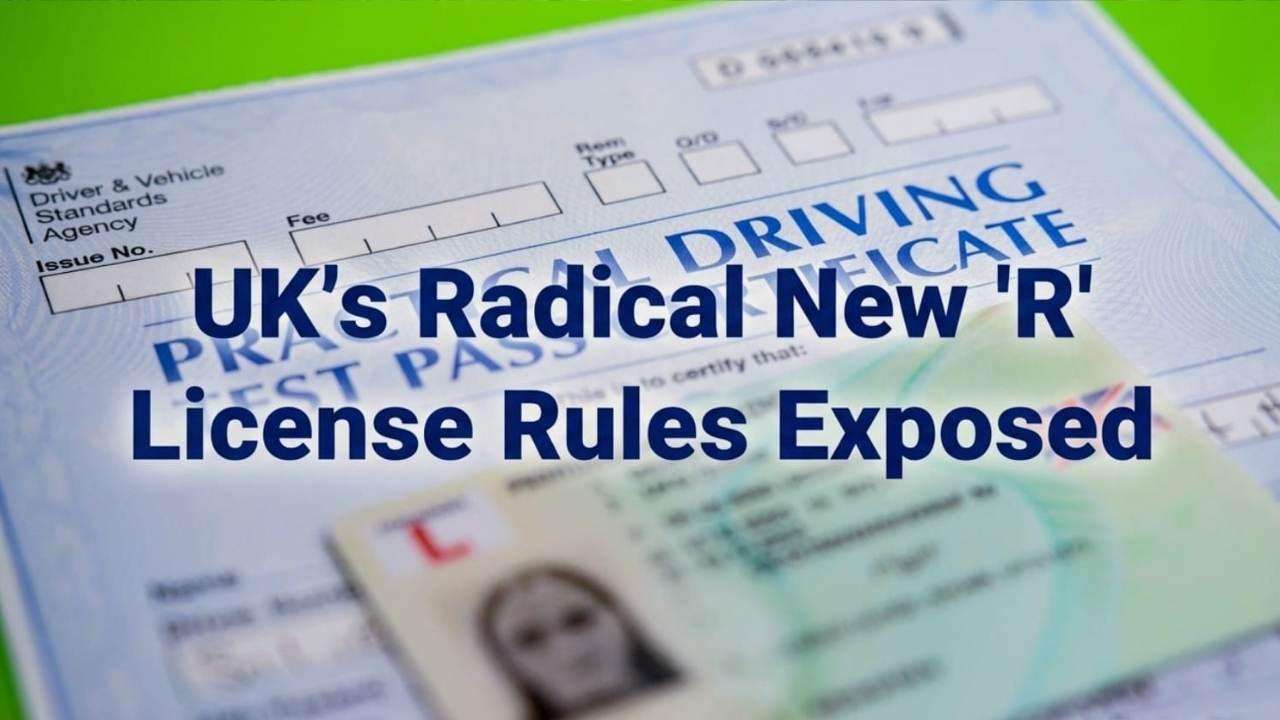Numerous advantages enjoyed by Canadian citizens also apply to permanent residents. They must, however, fulfil specific conditions, such as the residency requirement, in order to keep their status, unlike citizens.
You need to have spent at least 730 days (2 years) physically present in Canada during the previous five years in order to keep your status as a permanent resident. This 730-day period is not required to be continuous; instead, it will be evaluated on a rolling basis.
In addition, some of the days you spend abroad may contribute to the 730 days. You may be able to apply some of your time spent outside Canada towards your permanent resident status if you fulfil one of the following conditions:
- You work outside Canada
- You travel with a spouse or common-law partner
- You are a dependent child and travel with your parent
If you work outside Canada, you need to work full time for a Canadian business or organization or the Canadian federal, provincial, or territorial government for the days to count towards your physical presence in Canada.
If you travel with a spouse or common law partner, your spouse or common law partner needs to be a Canadian citizen or a permanent resident working outside Canada full time for a Canadian business or for the Canadian government.
If you are a dependent child and travel with your parent, you parent needs to be a Canadian citizen or a permanent resident working outside Canada full time for a Canadian business or for the Canadian government.
Can I leave Canada for more than 6 months?
You may leave Canada for more than 6 months, as long you meet the residency requirements stated above. However, it is recommended that you wait to do so until you have your Permanent Resident (PR) Card.
Your PR Card is your proof of residency in Canada. It can also act like a photo ID and is used at ports of entry to prove your status as a permanent resident to enter Canada when returning from abroad.
If you do not have a PR card, you will have to apply for a
Permanent Residence Travel Document before you re-enter Canada. This document is for permanent residents outside of Canada who need proof of their status so they can return to Canada. This document is temporary and largely exists for the sole purpose of helping Canadian permanent residents who do not have PR Card yet or who’s PR Card has expired.
What happens if I don’t fulfill the residency requirements?
Typically, the issue of whether a permanent resident has met their residency requirement will be brought to Immigration, Refugees and Citizenship Canada’s (IRCC) attention when they submit a PR Card renewal application or when they are entering Canada through a port of entry.
If the IRCC officer finds that you have not met the requirement, you may be found inadmissible and can lose your permanent resident status. You will generally be able to appeal the decision to the Immigration and Refugee Board of Canada’s Immigration Appeal Division. This is called a residency obligation appeal.
The law makes exceptions for permanent residents who were outside Canada during a five-year period for allowable reasons. In order to win your appeal, you have three options:
- Prove that you were in Canada for the required time
- Prove that you had an “allowable reason” for being outside of Canada
- Show that there are humanitarian and compassionate reasons for your appeal, even if you did not comply with your residency obligation







.svg)
